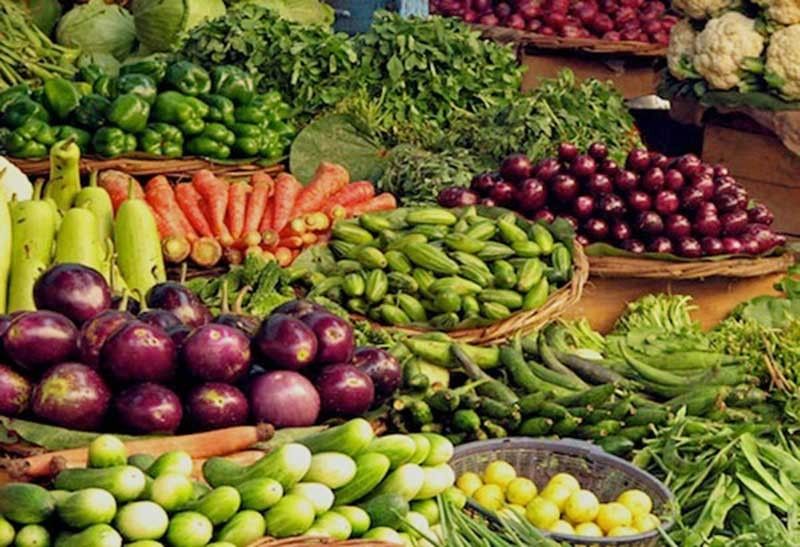Rice tariff law a priority, says economic team

MANILA, Philippines — The government’s economic managers are pushing for the immediate passage of the Agricultural Tariffication Act which aims to ensure food security, protect agricultural producers and make the sector globally competitive.
“We reiterate our call for the speedy passage of the bill amending Republic Act No. 8178 or the Agricultural Tariffication Act, which will significantly bring down the price of rice and improve the competitiveness of the rice sector in the long-term,” the country’s economic team said in a statement.
The price of rice has been on an upward trend since the start of the year because of supply shortages. This despite the arrival of imported supplies in July.
Industry stakeholders are putting the blame on government’s lack of investment in the agricultural sector and its neglect of farmers.
The economic team is pushing for the lifting of rice imports to allow the private sector to flood the market with Filipinos’ favorite staple and arrest the continuing rise of rice prices.
“We also see the need to restructure the National Food Authority to address its conflicting mandates,” the economic team said.
NFA is the agency tasked with ensuring food security and stable prices in the country.
The speedy passage of the bill is among the medium to long-term reforms to address inflation, which has reached its highest level in nine years.
Consumer prices accelerated to 6.7 percent in September, partly due to dwindling rice reserves.
The economic managers also called on the public to stay on guard against profiteers and report those who unscrupulously take advantage of the current rice situation. The DTI has intensified its price monitoring activities to ensure compliance among traders.
Authored by Committee on Agriculture and Food chairman and ANAC IP partylist Rep. Jose Panganiban Jr., the Agricultural Tariffication Act seeks to liberalize rice imports by replacing the quantitative import restrictions on rice with tariffs or taxes and creating the Rice Competitiveness Enhancement Fund.
This Rice Fund shall be utilized to boost productivity and income of rice farmers and enrich rice research and development, expand rice insurance coverage and provide agricultural credit to cover acquisition and establishment of machinery, equipment, and facility of rice farmers, farm cooperatives and micro small and medium enterprises.
Under the quantitative restriction (QR) policy, the government, through the NFA, which has a statutory monopoly on rice importation, restricts the volume of rice that can be imported to the Philippines under a 35-percent tariff.
According to the Philippine Institute for Development Studies, QR has not actually helped the Philippine rice sector despite nearly half of all agricultural development spending by the government being devoted to rice production.
“QR imposes a sacrifice on the entire country in the form of higher food prices without doing much to improve the lot of Filipino rice growers; dropping QR in favor of tariffs favors consumers at the expense of farmers, but provides a safety net for the latter in the form of the tax revenue that will be generated,” the PIDS said.
- Latest



























